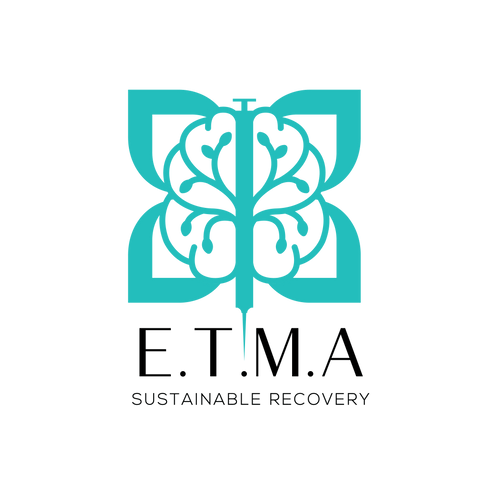How Addiction Affects Relationships

An addiction doesn’t just affect the person struggling with the addiction; it also affects those closest to them. Whether it be a romantic partner, a parent, a child, or a best friend, the loved ones of those facing these challenges most likely feel the effects of the addiction as well. Here are a few of the common ways that addiction may affect relationships.
Emotional Distance
When your loved one is struggling with something as weighty as an addiction, they may withdraw emotionally for a variety of reasons. Perhaps they feel insecure in their struggle and don’t want to open up to how they are struggling or how serious their problem really is. In many cases the substance (or internet use) can alter the brain causing personality changes that their loved ones don’t even recognize. Changes in personality (e.g. moodiness) and/or withdrawing socially and emotionally may be some of the first signs that someone is dealing with a serious addiction.
Enabling Behaviors
A common temptation for those in a relationship with someone struggling with addiction is to cover up for their mistakes in an effort to save family or personal embarrassment. While this may seem like the loving thing to do, however this enables the loved one’s negative behaviors and may prevent them from seeing the seriousness of their problem.
Codependency
A person struggling with addiction may heavily rely upon a loved one to help them out of difficult situations caused by their addiction or even just to function in everyday life. This can be particularly unhealthy if their loved one has the need of being needed and pleasing them. This can lead to cycles of enabling behaviors and avoidance of professional help in an attempt to be that person’s “savior” themself.
If your loved one is struggling with an addiction, professional help is available. You can reach out to Solace Asia at 012.885.4686 today.

